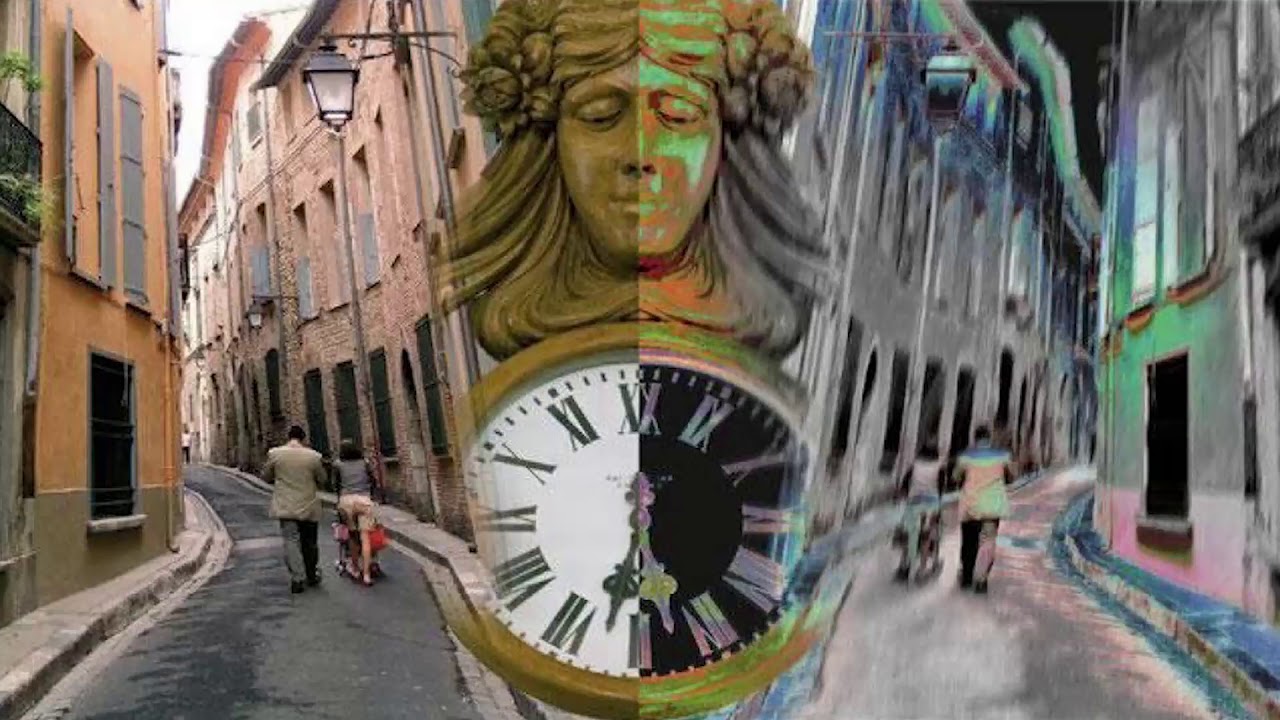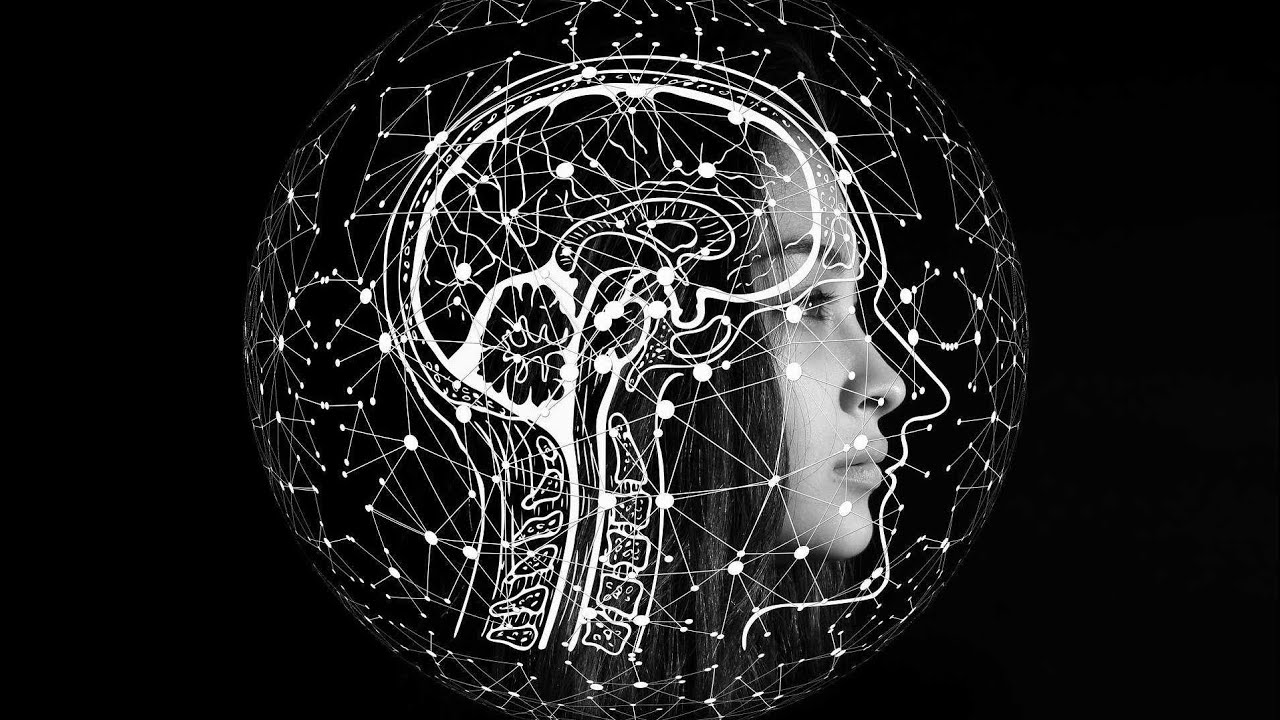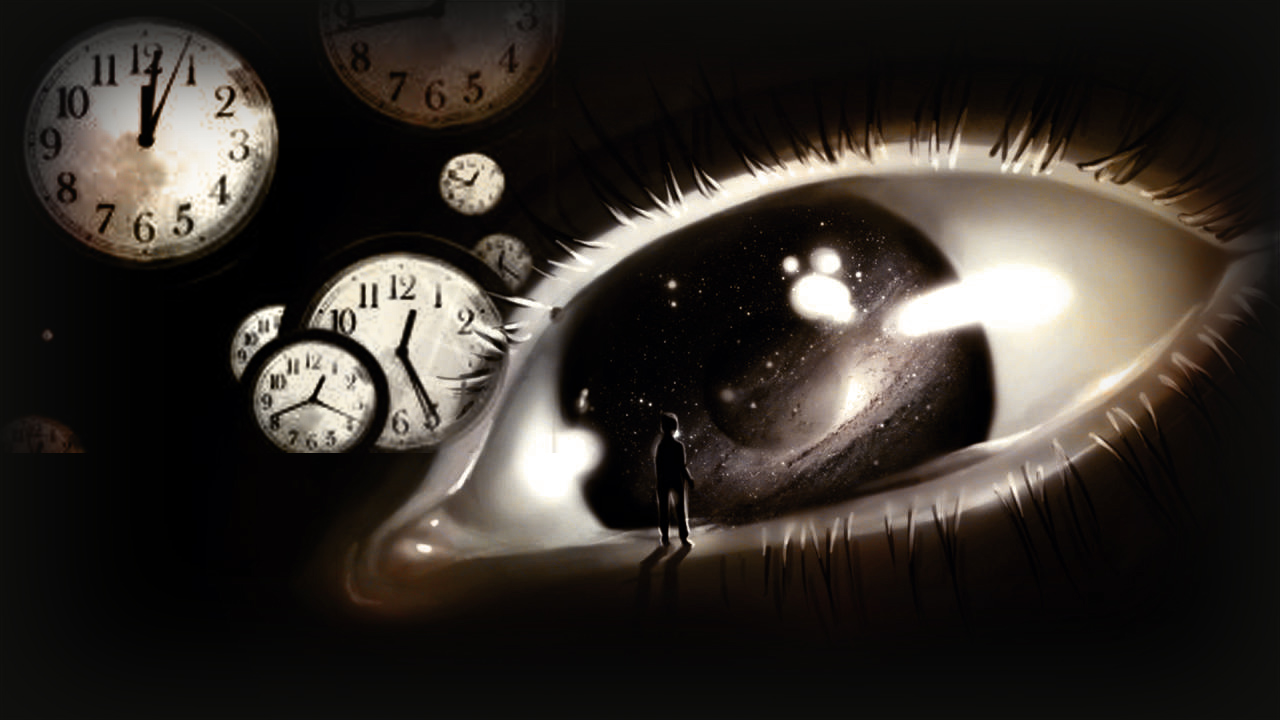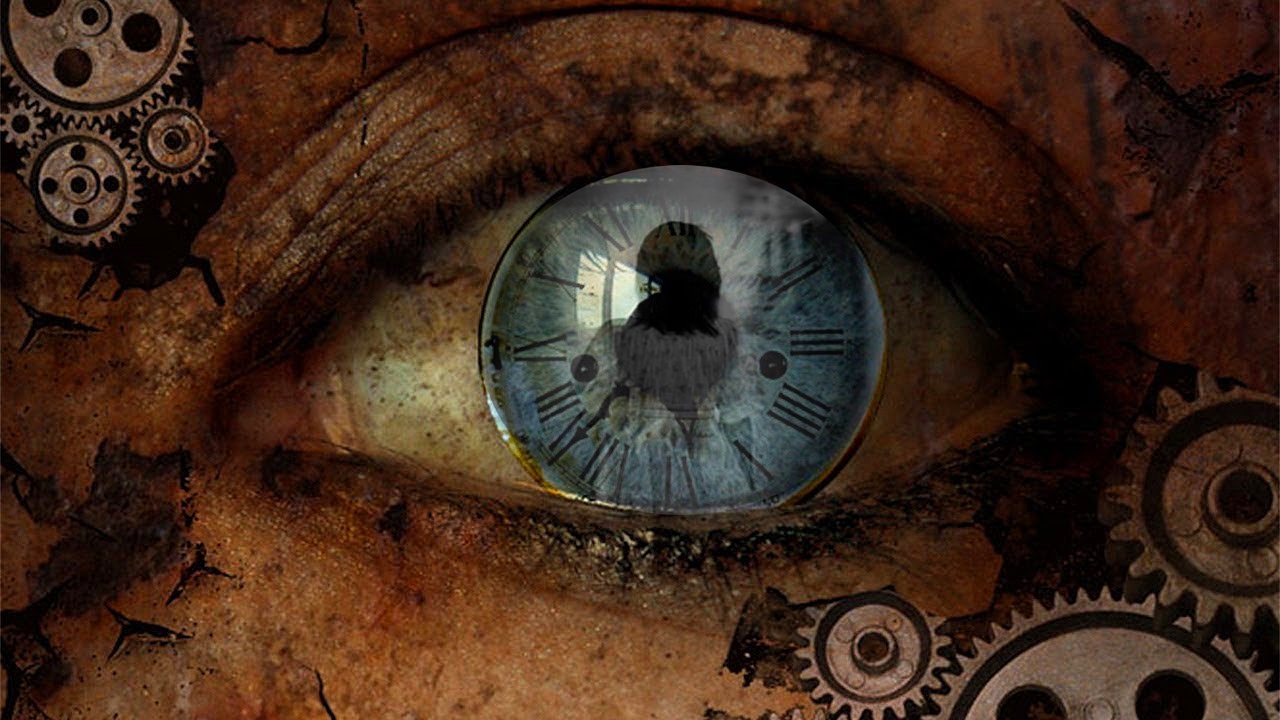The feeling of déjà vu that everyone has experienced at least once in their life is generally harmless, but its frequent recurrence can be a symptom of epilepsy and some neurological disorders. Let’s look at the answers to the questions like what is déjà vu, which creates the feeling that I have experienced this moment before, and why, from the window of science.
Despite numerous studies on it, our brain still remains a mystery even to scientists. So much so that the diagnosis and treatment of many psychological disorders is very difficult even for modern medicine. Deja vu, which is a game of our brain and creates the feeling that I have experienced this moment before, still has a veil of mystery despite many studies on the subject. What is déjà vu, why does it have some answers, of course however, the same diagnosis cannot be made for every case.
The state of deja vu has been with us since the day humanity existed. For this reason, even hundreds of years ago, such a subject is mentioned, although not in the sense we know today. Scientific studies on déjà vu remove mystical concerns and unfortunately open the door to worse neurological problems. How does science answer important questions such as what is déjà vu and why? Let’s examine all the details.
Remember that cat scene in The Matrix?
Neo, who sees this cat in the movie twice in a row, cannot solve the mystery at first. According to the story, the cat appears twice is given as a minor error in the Matrix software.
For those who don’t know; What is déjà vu?
Derived from the phrase déjà vu, dejavu means already seen in French. So déjà vu even if you have seen or experienced it for the first time It is the state of feeling as if you have seen or experienced something or an event before. It can also be defined as a glitch that occurs as a result of the collision of two thought streams in your brain.
It is thought that 97 percent of people experience déjà vu at least once in their life, and even It is estimated that two-thirds of people regularly experience déjà vu. From this perspective, déjà vu is much more common than any known similar experience.
People were experiencing déjà vu even hundreds of years ago:

Even though déjà vu has become a much more common condition due to the effects of the modern world, it is actually people were also experiencing deja vu state hundreds of years ago. The oldest source of deja vu that has survived is St. John, who lived in 400 BC. Augustine’s. st. Augustine used the definition of false memories for déjà vu.
The first person to refer to déjà vu as deja vu was a French philosopher named Emile Boirac who lived between 1851 and 1917. The first person to approach the subject scientifically was a neurologist named FL Arnaud. Speaking at the Societe Medico-Psychologique meeting, FL Arnaud said, the relationship between déjà vu and epilepsy showed. Recent studies on the subject mention that déjà vu may be related to perception and memory.
How about déjà vu?

According to recent studies, déjà vu occurs as a result of the collision of two different streams of awareness; the experience of recognizing an existing situation and misremembering it. Strangely, the person experiencing déjà vu realizes this. A divided perception underlies déjà vu. The image is processed twice due to distraction or vision blocking.
It would be more accurate to explain through an example. You went to a cafe with your friends, sat down, had tea, your friend took a sip of the tea and grimaced and said he didn’t like it. You too experienced déjà vu at that very moment and you felt as if your friend had said that he did not like the tea by grimacing and had done it before. This is how déjà vu happens.
So why do we experience the feeling of deja vu?

Deja vu is often not harmful, even if it creates an uncomfortable confusion for the moment. Tired and stressed people experience much more déjà vu because both of these conditions negatively affect long and short-term memory. In temporal lobe epilepsy studies, dopamine was also found to be effective in experiencing déjà vu.
A case study, which was examined by chance, found that the concomitant use of certain flu medications had effects on déjà vu. Two flu medications given to the patient The person said that he experienced déjà vu every few hours from the time it was used together. As soon as the drug was discontinued, the patient’s experience of experiencing déjà vu disappeared.
Both drugs showed the ability to reduce flu symptoms. If these features they showed as a result of changes in the dopamine system. It is thought that as dopamine increases in the patient, there is an increase in déjà vu episodes. In some epilepsy studies, it has been observed that there is an increase in the experience of deja vu due to dysmenic symptoms in the hippocampus part of the brain, that is, the symptoms of impaired memory.
Healthy people and people with neurological disorders experience different déjà vu experiences:

It is possible to make a general definition for the feeling of déjà vu, but since this is a completely personal experience. It is thought that everyone has a different deja vu experience. People who regularly experience déjà vu have less gray matter in their brains. Gray matter, the outermost layer of the brain, is responsible for movement, memory and emotion control. The more gray matter, the healthier these movements are.
The hippocampus, parahippocampal gyrus, and temporal neocortex parts of the brain of people with déjà vu departments responsible for storing and creating memories was found to be affected.
While memory-related parts of the brain of people with epilepsy who experience déjà vu are affected, It is known that the emotional parts of the brain of healthy people are affected. However, to generalize, the main cause of déjà vu is the abnormal signals that occur in the medial temporal lobe, which manages visual memories.
in patients with schizophrenia, epilepsy, vascular dementia, and people with intense anxiety there is much more déjà vu experience. Even if these people do not have any neurological disease, déjà vu is experienced much more often. Apart from déjà vu, there are some concepts used to describe these types of situations;
- Deja entendu: already heard.
- Deja eprouve: already experienced:
- Dejat: it’s already over.
- Deja pliers: already considered.
- Deja raconte: already told.
- Deja senti: already felt or already smelled.
- Deja su: this information is already known.
- Deja trouve: already found.
- Deja vecu: it has already happened.
- Deja voulu: already searched.
Some common characteristics of people experiencing déjà vu:

- have high income
- they are well educated
- They travel frequently
- They remember their dreams
- liberals
- They are between the ages of 15 – 25
Of course, it has been seen that people with many different characteristics have also experienced deja vu, but who apply to a doctor with such a complaint The general characteristics of the people who participated in the studies on the subject are as follows.
Do you need to go to the doctor?
Experiencing déjà vu from time to time is normal and harmless, it does not indicate that you have any discomfort. However if you experience déjà vu several times a week or more You may have epilepsy or a different neurological condition. Therefore, in such a case, it is recommended to be examined by a specialist doctor.
Confusing one’s mind with the feeling that I have experienced this moment before What is déjà vu, why does it happen? We talked about the details you need to know about the subject by answering frequently asked questions. If you are experiencing such a situation frequently, do not neglect to consult a specialist physician by applying to the nearest health institution. You can share your thoughts on the subject in the comments.
